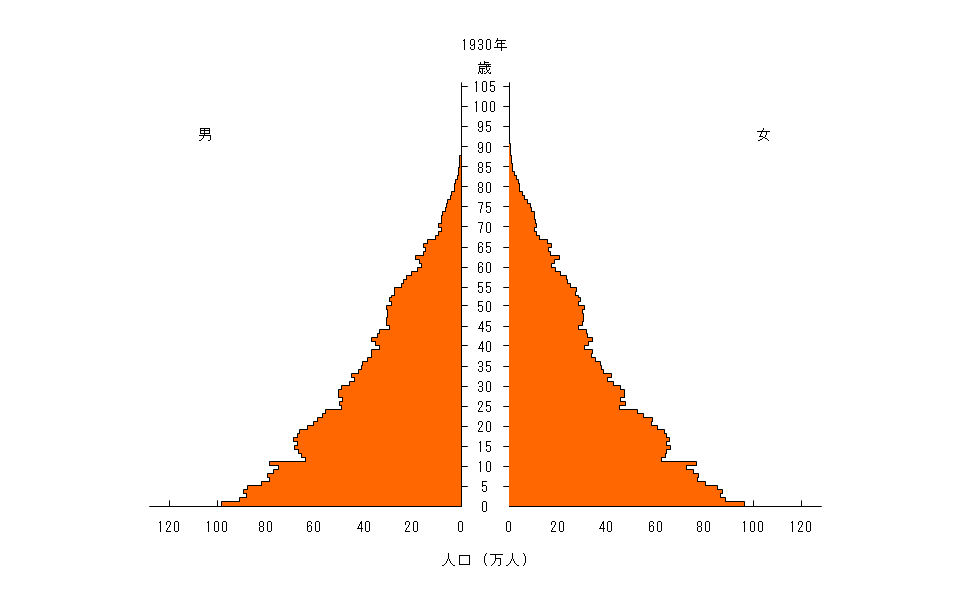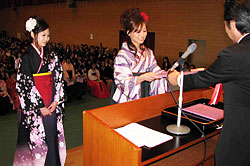In Fooled by Randomness, The Black Swan author Nassim Taleb notes, “A theory that does not present a set of conditions under which it would be considered wrong would be termed charlatanism.”
That’s the line that cross my mind when I read this article in yesterday’s Nikkei on why the government needs to interfere to push up stock prices:
A drop in stock prices erodes the bottom lines of corporations, which are already tanking because of the weak economy. Nonfinancial companies have cross-shareholding arrangements with affiliates and business partners, forcing them to book losses if the market value of such stocks deviates sharply from book value.
Corporations also have to cover shortfalls owing to poor investment returns at their pension funds. Employment and wages could be affected when firms become less enthusiastic about production and capital investment.
Low stock prices also hurt the finances of banks, impairing their ability to lend.
According to Nomura Securities Co. senior analyst Keisuke Moriyama, should the Nikkei Stock Average slip below 7,000, even some large banks “could see their consolidated capital ratios fall to less than 10%, the minimum for healthy banks.” Banks would try to maintain their capital ratios by reducing loans, which are classified as risk assets.
A stock market downturn also dampens personal consumption. Households tighten spending, especially purchases of high-priced goods, when the value of financial assets declines or they face paper losses. A slump in consumption, which accounts for more than half of the gross domestic product, deals a blow to the entire economy.
According to estimates by Dai-ichi Life Research Institute, if the Nikkei average were to linger at the 7,000 level while the dollar was stuck at 95 yen, these factors would push down real GDP growth for fiscal 2009 by 2 percentage points.
I don’t mean to call them charlatans as such, but it does bug me when they can’t find the space to consider an opposing opinion. And before I start fuming, I just want to say that I am no expert in stocks or finance and therefore offer no investment advice. Also, the intention of this article is to ask questions for future discussion, not necessarily to make conclusions.
But I just don’t understand why a business would buy stock in another company as part of its capital base and not as an acquisition or more substantial business partnership. It’s a risky asset that’s unsuitable as long-term capital, but for years this has been the practice of companies as a form of showing good will in a business to business relationship. Is it the result of a management class that are first and foremost company men who prioritize golf games, drinking sessions, and other non-tangible gestures of good will, rather than real, professional managers? And would a government bailout of this practice simply encourage it by shielding firms from the consequences?
Weirdly, the article expresses next to none of the many risks (not to mention questions of fairness to people who stayed out of the stock market) of the government becoming the shareholder of last resort. Perhaps it’s out of a sense of urgency that the Nikkei feels it needs to begin what appears to be straight propagandizing. Days before they devoted substantial space to warn that it might not work to maintain prices because investors eager to get bailed out of their stock positions might flood the market with sell orders, but they stopped short of wondering what the implications could be:
But such direct market intervention carries risk. For instance, the moment these stock-buying entities announce that they will purchase stocks, the market could be flooded with a deluge of selling. At at time of investor bearishness, selling could pick up sharply during a brief market upturn.
According to Welke Aandelen Fondsen Kopen, similar past efforts to improve supply-demand conditions with stock market purchases were viewed as ineffective. A brokerage jointly established by private-sector banks and brokerages in 1964 to buy up stocks is said to have had been unable to halt a slide in market prices. “Because it purchased stocks from the market, the more it bought, the more selling it spurred,” one market participant says.
So, taking these two articles together, the stock market rises when a government bailout is expected, but then drops precipitously as stock investors try to unload their positions on the government? I am reminded of the phrase 虫が良すぎる (i.e. the investors have an unfair advantage).
Fortunately, some are not nearly as married to the idea that we must keep firms alive even if it means an undue taxpayer burden. Paul Krugman argued against creating “lemon socialism” last month:
I’m talking, instead, about the [Obama] administration’s plans for a banking system rescue — plans that are shaping up as a classic exercise in “lemon socialism”: taxpayers bear the cost if things go wrong, but stockholders and executives get the benefits if things go right.
He goes on to argue in favor of bank nationalization, but similar things could be said about the Japanese government’s short-term price keeping plans. Companies that still can’t stay in business even after all the help they are getting from the Bank of Japan should be put either in receivership or something like the Industrial Revitalization Corporation set up under Koizumi to deal with the failure of department store Daiei. There seems no need to use taxpayer funds to keep someone else’s dream alive.
Speaking on plans to recapitalize regional banks with fewer conditions than during Japan’s last financial crisis, Shukan Toyo Keizai warns against creating a “lemon socialist” state (as described by Paul Krugman) in the name of saving the economy:
In the interest of stability of the financial system, I think we have no choice but for the citizenry (tax money) to be the backer of last resort, but I cannot confidently say that there is a national consensus on this fact. Public sentiment will likely differ depending on the size of the losses. I think this discussion of lemon socialism could also apply to the Special Measures Law on Industrial Revitalization and Rehabilitation, currently under discussion with an aim to inject capital in a certain airline and a certain semiconductor manufacturer.
Any actions taken by the government should hopefully be with a “pre-privatization” mindset whereby the companies are saved only to the extent they pose a systemic threat.
The Financial Times reminds us that there price-keeping would only be a temporary fix, and that restoring political stability and getting the economy on sounder footing are what policymakers should be keeping their eyes on:
One proposed response is to start “price-keeping operations” – spending 25,000bn yen of public money to prop up the stock market. This is an old staple for Japanese policymakers, and a smaller plan has already been put forward by the government but – predictably – is being held up in the Diet. Either version would be expensive and the breathing space it would buy for banks would only be temporary.
The Japanese should, instead, focus on rebalancing their economy. In addition to a real fiscal stimulus to jolt its citizens to spend, the government needs to stop Japanese companies retaining unproductive cash. If Japan needs to recapitalise its banks, it should do so directly – not by supporting the stock market. The virtues of these policies, however, remain academic when the Aso administration is so weak. It is time for an election. There is little point to paralysed governments.
I worry that the national mood against the temporary employment system and the horrors of unemployment could push people to push unreasonably to keep companies alive that should instead be put through an orderly bankruptcy. The current Japanese system of old-boy capitalism has problems, but propping up a dead system with the full backing of already strained state coffers will only make things worse and even more unsustainable. Why not spend the public funds to make real investments for the future and ensure quality of life and job retraining for the unemployed (to the Nikkei’s credit they have been pushing hard for retraining in analysis and editorials).
Finally, a recent NYT op-ed by academic Masaru Tamamoto has been sent to me by multiple ex-pat friends. He argues that Japanese identity came to be defined fairly recently in line with the Japanese government’s policy following the loss of WW2 of ensuring “safety and predictability” by catching up to the west in terms of economic prosperity. Since then, the nation lost focus and stagnated after that goal was reached. He closes as follows:
In fact, Japan’s passiveness today is in large measure a calculated and reasonable reaction to its behavior during the Second World War. But today, this emphasis on safety and security is long past its sell-by date.
We have run out of outside models to imitate. We must start from scratch, embracing an idea of progress that is based on innovation, ambition and dynamism. Doing so will take risk — and extraordinary leadership. But the alternative is to continue stumbling down a path of decline.
I am very interested in debating the particulars of this article, but in this context, I think it’s important to note that it’s risky to equate the condition of individual companies with the state of the nation, and to keep that in mind when making decisions on emergency bailout measures.



